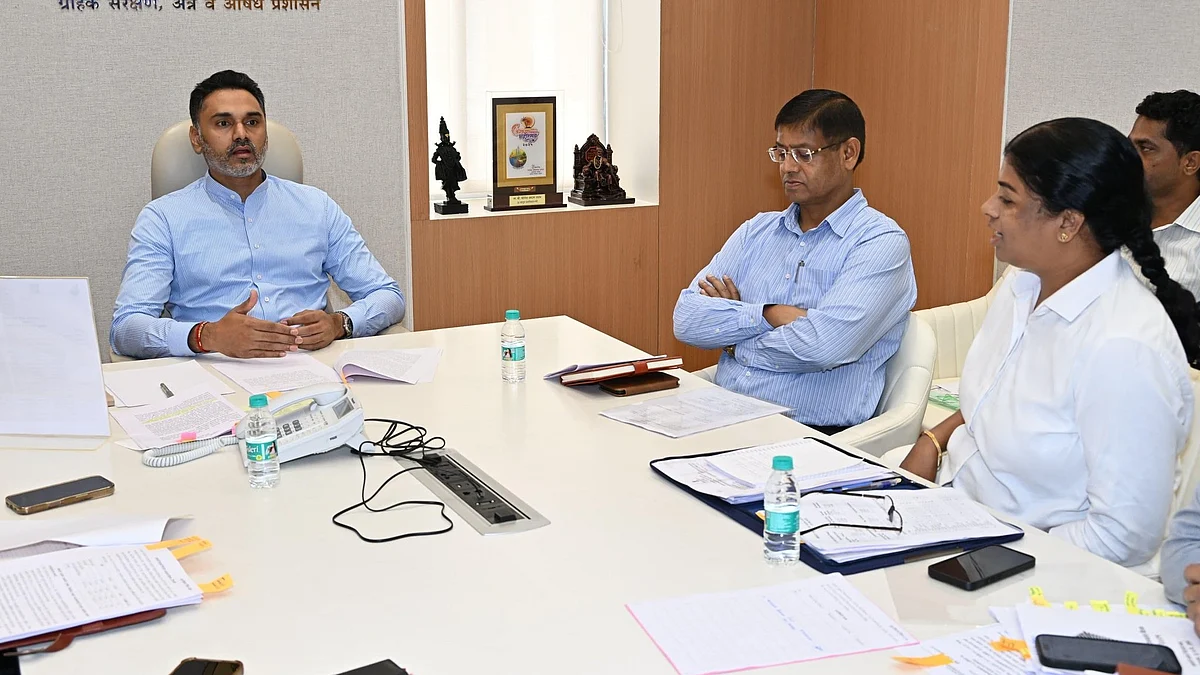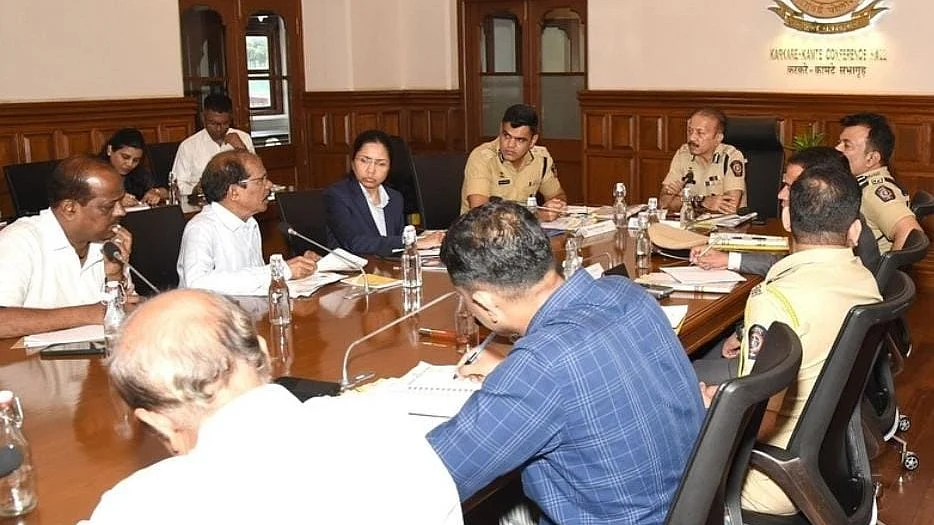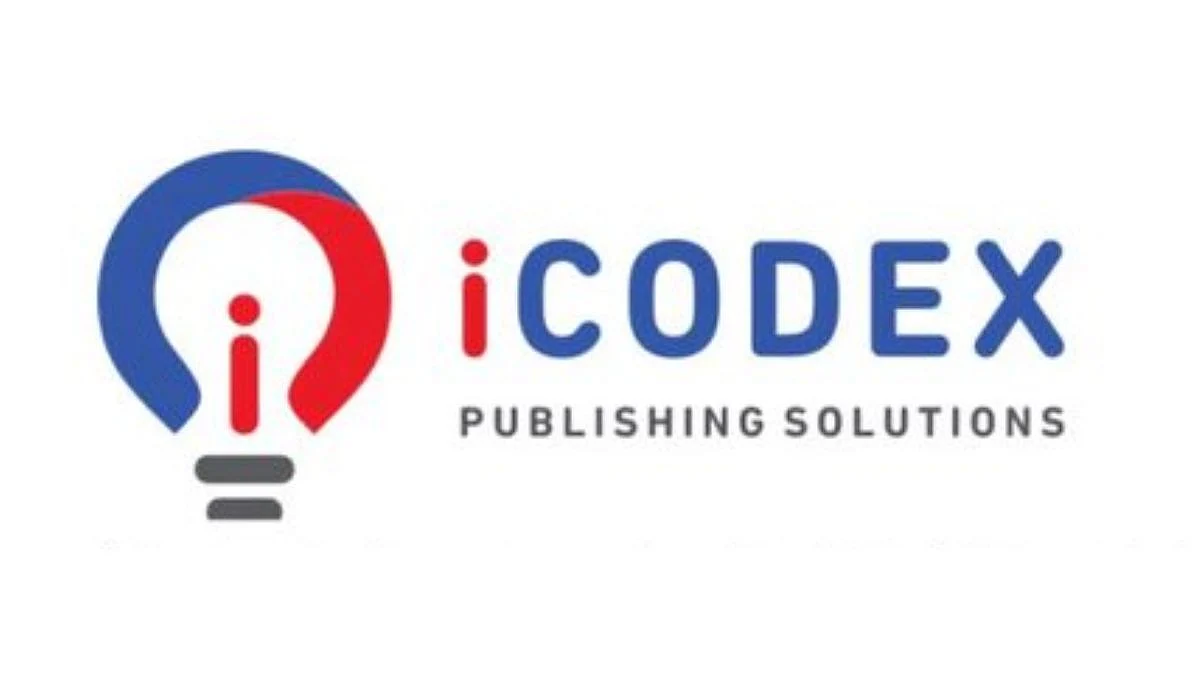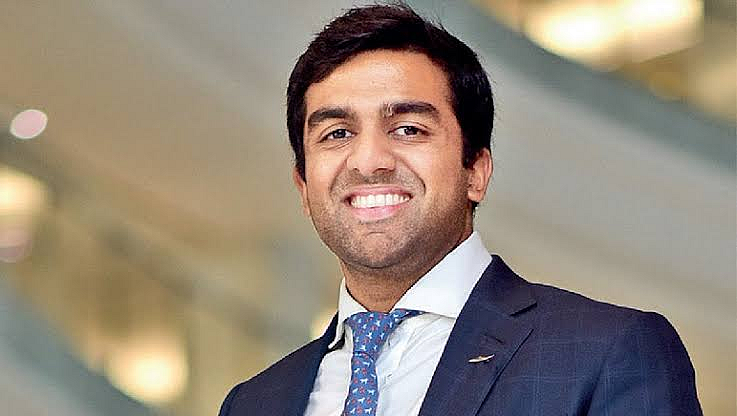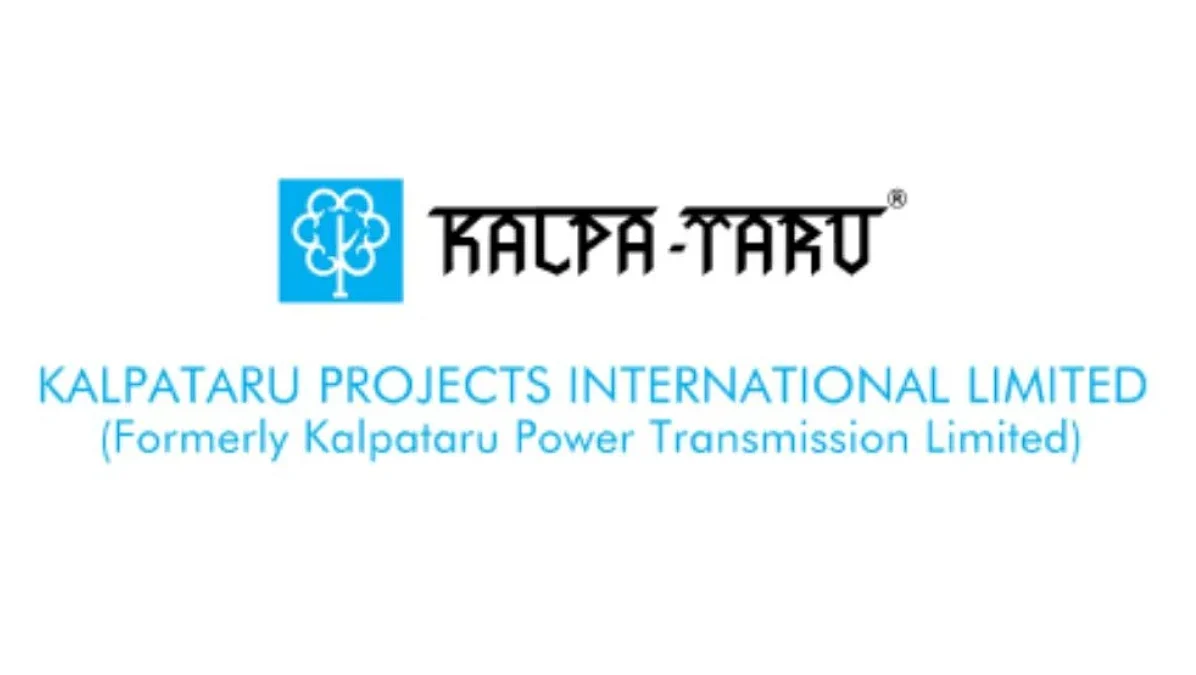At Hyundai Motor India's upcoming initial public offering (IPO), which is expected to be open for subscription soon, the company will sell 142 million (14.2 crore) shares.
After all, the South Korean automaker stated in the regulatory filing that it will retain 670 million shares, or an 82.5 per cent stake, in Hyundai Motor India, according to a report.
According to a report, Hyundai Motor is anticipated to begin its highly anticipated initial share sale for public subscription on October 14, with a value of approximately Rs 25,000 crore.
Following LIC's Rs 21,000 crore initial share sale, this would be the biggest initial public offering (IPO) in India.
First IPO since Maruti Suzuki
This development is a major turning point for the Indian auto industry because, since the Japanese automaker Maruti Suzuki's 2003 listing, it is the first automaker to sell its first shares in more than 20 years.

Through the OFS channel, the South Korean parent is reducing its stake in part. Hyundai Motor India Ltd., the country's second-largest automaker after Maruti Suzuki India, will not receive any proceeds from the IPO because the public issue is entirely an OFS.
SEBI nods to Hyundai IPO
On September 24, the Securities and Exchange Board of India (SEBI) gave the automaker permission to launch its initial public offering (IPO).
According to reports in February of this year, the South Korean automaker intends to raise at least $3 billion through an initial public offering (IPO).

IPO market in 2024
Ola Electric Mobility, an electric two-wheeler company, successfully completed its Rs 6,145 crore initial share sale and was listed on the bourses in September.
The primary market is seeing a surge in interest from issuers and investors from a variety of industries at the time of the IPO launch.
2024 has proven to be a fantastic year for the primary market, with numerous companies launching their initial public offerings. News reports state that around Diwali, the primary market will see initial public offerings (IPOs) valued at over Rs 50,000 crore, or Rs 500 billion.


